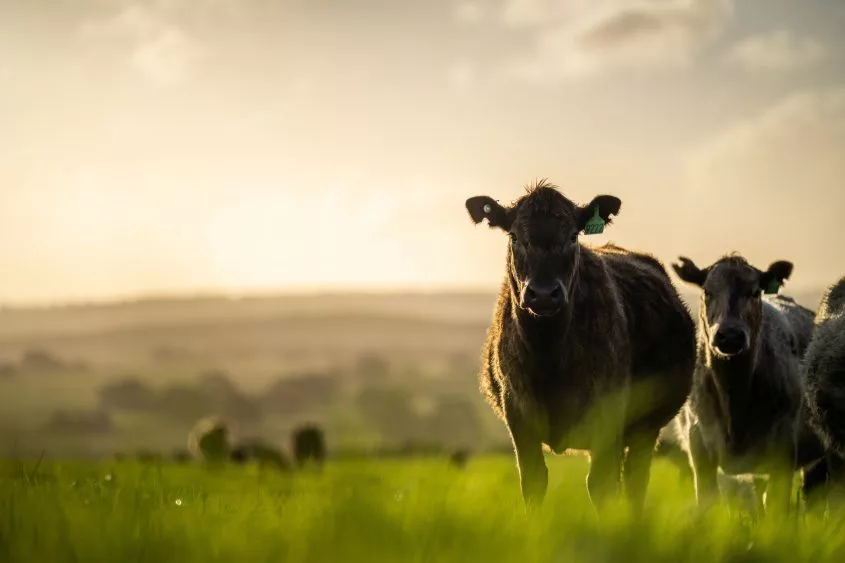Mexican President Claudia Sheinbaum isn’t happy with the Trump administration’s decision to suspend imports of Mexican beef cattle for 15 days because of detections of screwworm in shipments. Describing the suspension as “unfair,” Sheinbaum says she’s hopeful the suspension won’t result in another economic blow for her country.
The U.S. restricted Mexican cattle shipments in November following the detection of the pest, but lifted the ban in February after protocols were put in place to evaluate the animals before entry into the U.S. “We do not agree with the measure,” Sheinbaum said. “The Mexican government has worked on all fronts from the very first moment we were alerted to the screwworm.” U.S. Ag Secretary Brooke Rollins pointed out that the last time the devastating pest invaded the U.S., it took the livestock industry 30 years to recover. “That can’t happen again,” she added.
The U.S. previously and successfully led the eradication of NWS in the U.S. and Mexico, however this cost billions of dollars and took decades. Unfortunately, these recent detections in Mexico show that this dangerous pest is back and remains a serious threat to the health of our animals, our food supply, and the security of our country.
BACKGROUND
- The first case of NWS in Mexico was reported to the U.S. in November 2024. When NWS fly larvae (maggots) burrow into the flesh of a living animal, they cause serious, often deadly damage to the animal. NWS can infest livestock, pets, wildlife, occasionally birds, and in rare cases, people.
- In November 2024, after a positive detection of NWS in southern Mexico, USDA shut down the border for live animal trade.
- In February 2025, USDA resumed imports after APHIS and Mexico agreed to and implemented a comprehensive pre-clearance inspection and treatment protocolto ensure safe movement and steps to mitigate the threat of NWS.
- Over the last two years, screwworm has spread north throughout Panama and into Costa Rica, Nicaragua, Honduras, Guatemala, El Salvador, Belize, and now Mexico.
- APHIS is releasing sterile flies through aerial and ground release at strategic locations, focusing on Southern Mexico and other areas throughout Central America. A complete list of regions APHIS recognizes as affected by NWS as well as more detailed information on trade restrictions can be found on the USDA APHIS Animal Health Status of Regions website.
